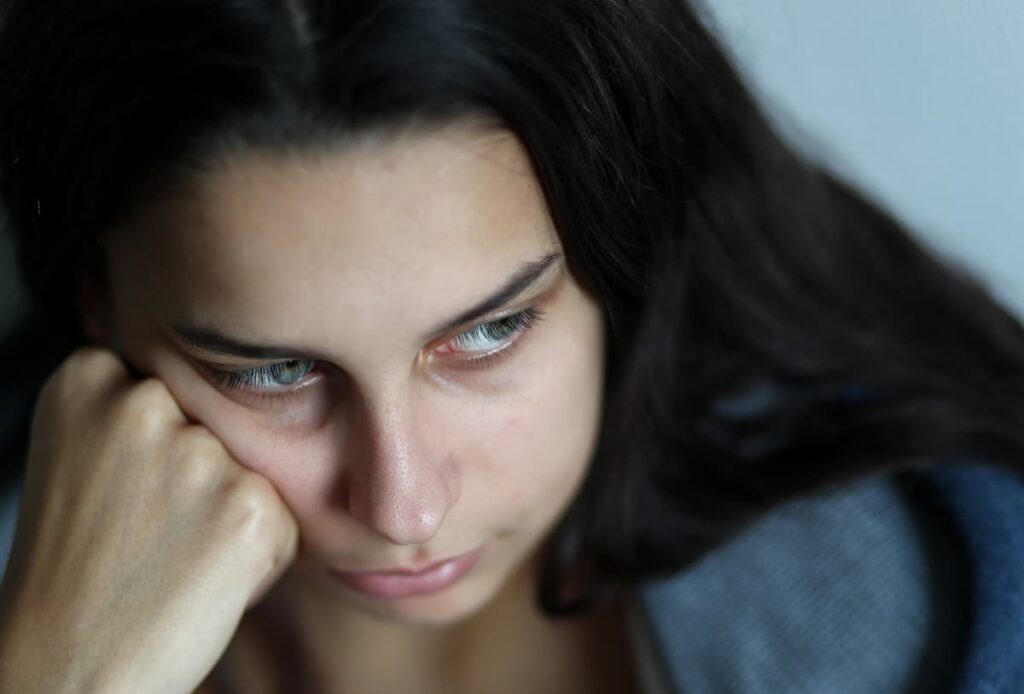
Blue Monday – dubbed the saddest day of the year – is looming.
The festivities of Christmas and New Year’s Eve have come to an end and life is going back to normal. Those things, combined with returning to work, being skint from festivities and an extra long gap between paydays, mean it is no wonder some of us can feel down in the dumps.
But what is it and how can you beat the blues?
The term Blue Monday originates from UK travel company Sky Travel, which came up with the concept in a press release in 2005.
The travel company named Blue Monday the most depressing day of the year as it is often when most are struggling financially, the weather is far from optimal and failed new year resolutions are commonplace, culminating in a low mood for many.
When is Blue Monday in 2025?
Blue Monday is usually the third Monday in January each year, though it has previously fallen on the second or fourth Monday.
This year’s Blue Monday is January 20.
Is Blue Monday backed up by science?
Blue Monday is not based on actual scientific research – the original press release by Sky Travel promoted the day in the hopes of selling holidays.
The 2005 release claimed Blue Monday was calculated by “taking into account various factors”, which included debt levels, temperatures, days until the next bank holiday, the number of days since pay day and average hours of daylight.
The formula, which calculated the most depressing day, was an equation that “allows us to work out the day with the highest ‘depression factor’ which you can then use as a focus for making things better, booking your holiday etc …”, it said.
Dr Dean Burnett, from Cardiff University’s division of psychological medicine and clinical neurosciences, has rubbished this claim and called Blue Monday “nonsense”.
He said: “Firstly, the equation wasn’t the result of some psychological study by a reputable lab, but conducted by a travel company, who then fished around for a psychologist to put his name to it, to make it seem credible.
“It combines things that have no quantifiable way of being combined.”
While Dr Burnett has decried the day, it’s undeniable that plenty of us do feel a little low as January progresses.
One easy way to try and boost your mood is to go for a walk, or if you aren’t ready to face the cold, bring the outside in by adding plants or displaying nature scenes pictures across your home. A study from 2013 suggested this does wonders for your psychological health.
You don’t need to hit the gym to benefit from cardio. Play your favourite songs and dance like nobody’s watching. Cardio is great for mental health and happiness.
Spend time with a loved one and check in on each other’s mental health. Alternatively, if you don’t feel as if you have someone to talk to, Samaritans is available on 116 123.
Start to think of failure as a lesson. Many people become so gripped by their fear of failing that it keeps them from taking chances and growing. Adjust your perspective so that you see failure as learning.


